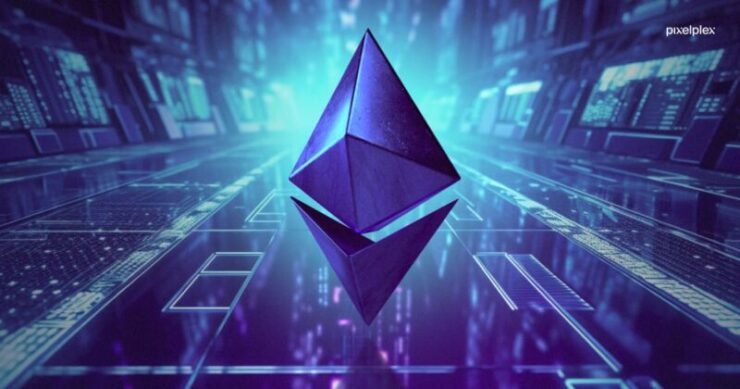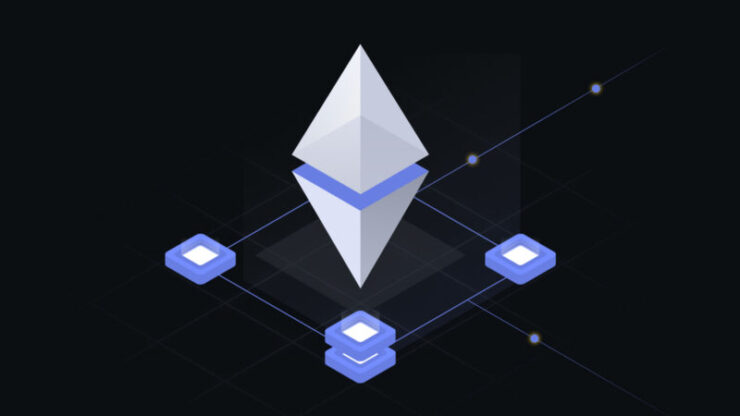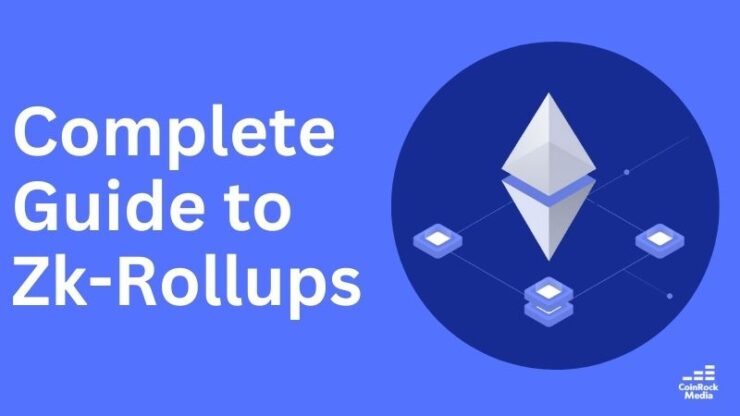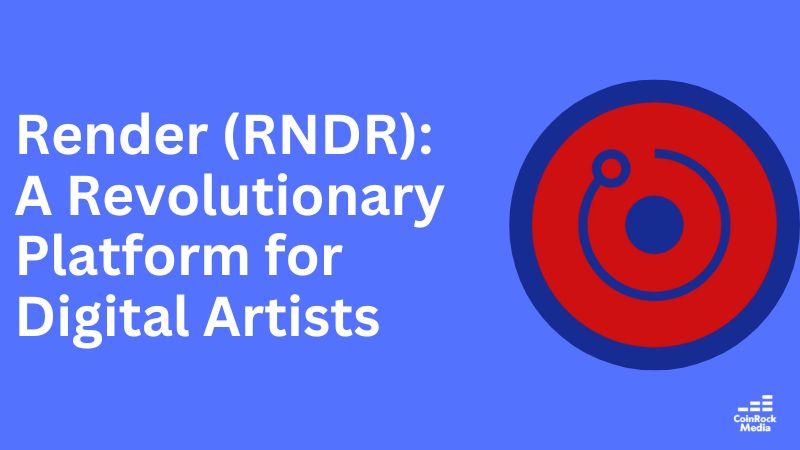As blockchain networks like Ethereum continue to grow in popularity, scalability has become one of the primary challenges. High transaction costs and network congestion limit blockchain’s potential for mass adoption.
Zero-knowledge rollups, or zk-rollups, offer a promising solution to these issues by providing a mechanism to scale blockchain networks without sacrificing security. This article explores what zk-rollups are and how they work.
What Are Zk-Rollups?
Zk-rollups are a layer 2 scalability solution for blockchains like Ethereum. They process transactions off-chain and submit aggregated proofs to the main chain, reducing load and increasing throughput.
Using Zero-Knowledge Proofs (ZKPs), zk-rollups ensure security and verifiability without revealing transaction details, lowering fees and enhancing performance.
How Do Zk-Rollups Work?
Zk-rollups aggregate multiple transactions into a single “rollup.” Instead of submitting each transaction to Ethereum, they bundle them and generate a ZK-SNARK proof to validate all transactions at once.
- Transaction Aggregation: Many transactions are processed off-chain by the zk-rollup.
- Proof Generation: After transactions are processed, the zk-rollup generates a ZK-SNARK proof that all the transactions are valid according to the rules of the Ethereum network.
- On-Chain Verification: The proof is submitted to the Ethereum mainnet, where it is verified by the network, ensuring that the rollup transactions are legitimate without needing to verify each individual transaction.
This process drastically reduces the amount of data and computation required on the Ethereum main chain, enabling the network to handle a much larger volume of transactions with lower fees.
How ZK-SNARKs Enable Zk-Rollups
Zk-rollups use a specific type of Zero-Knowledge Proof called ZK-SNARKs (Zero-Knowledge Succinct Non-Interactive Argument of Knowledge). ZK-SNARKs allow zk-rollups to generate compact proofs that validate the entire batch of transactions.
This makes the process much more efficient, ensuring that only a small proof needs to be posted on-chain, rather than all individual transaction details.

Benefits of Zk-Rollups
Zk-rollups offer a number of key advantages over other blockchain scaling solutions.
- Increased Throughput By processing transactions off-chain and only submitting aggregated proofs to the main chain, zk-rollups increase the transaction throughput of a blockchain, making it more scalable.
- Lower Transaction Fees Since fewer transactions are processed on-chain, zk-rollups reduce the congestion on the Ethereum network, leading to lower transaction fees for users.
- Security and Integrity Since fewer transactions are processed on-chain, zk-rollups reduce the congestion on the Ethereum network, leading to lower transaction fees for users.
- Reduced Data Storage Zk-rollups require less on-chain data storage because only the aggregated proof is stored on the main chain, rather than storing all individual transaction details.
Zk-Rollups vs. Optimistic Rollups
Zk-rollups are often compared to another layer 2 solution called Optimistic Rollups. Both are designed to improve blockchain scalability, but they differ in how they process and verify transactions.
- Transaction Verification: In zk-rollups, transaction validity is immediately proven through zero-knowledge proofs, whereas Optimistic Rollups assume transactions are valid unless proven otherwise, requiring a delay in finality.
- Security: Zk-rollups have built-in security since the transaction proofs are verified by the Ethereum network, while Optimistic Rollups rely on fraud proofs that can take longer to resolve.
- Latency: Zk-rollups provide faster transaction finality due to instant verification of proofs, while Optimistic Rollups experience a longer confirmation period due to the fraud-proof mechanism.
Use Cases for Zk-Rollups
Zk-rollups have a wide range of use cases, particularly in the context of decentralized finance (DeFi), gaming, and NFTs.
- DeFi Protocols: DeFi applications, such as decentralized exchanges (DEXs), lending platforms, and yield farming, can benefit from zk-rollups by significantly reducing transaction fees and improving transaction throughput.
- NFT Marketplaces: With zk-rollups, the creation and transfer of NFTs can be done more efficiently, reducing the high gas costs that often plague Ethereum-based NFT platforms.
- Payment Systems: Zk-rollups are also useful for payment channels, where they can increase transaction speeds and reduce fees for microtransactions.
- Decentralized Exchanges (DEXs): zk-rollups can scale the transaction capacity of DEXs, allowing for faster and cheaper trading.

Challenges of Zk-Rollups
While zk-rollups offer significant benefits, they also face several challenges that must be addressed as the technology continues to develop.
- Complexity: The cryptographic techniques used in zk-rollups, particularly ZK-SNARKs, are computationally intensive and require significant technical expertise to implement and maintain.
- Cost of Proof Generation: The process of generating ZK-SNARKs can be resource-heavy, which can raise costs for developers implementing zk-rollups, especially for high-volume applications.
- Compatibility: While zk-rollups are an Ethereum-centric solution, adapting them to other blockchains may require significant modifications and may not be as seamless.
Despite these challenges, zk-rollups continue to gain traction as a solution for scaling blockchain networks while preserving security.
The Future of Zk-Rollups
The future of zk-rollups looks promising as Ethereum transitions to Ethereum 2.0, and other blockchain projects explore zk-rollup technology. As ZK-SNARKs become more efficient and new innovations in cryptography emerge, zk-rollups could become the dominant layer 2 solution for blockchain scaling.
The implementation of zk-rollups is likely to continue improving transaction speeds, reducing costs, and offering new opportunities for decentralized applications (dApps). The broader adoption of zk-rollups in areas like DeFi and NFTs will depend on how effectively these challenges are addressed in the coming years.
Conclusion
Zk-rollups are a promising solution for scaling blockchains while preserving security, privacy, and decentralization. By processing transactions off-chain and submitting aggregated proofs, they boost throughput and reduce fees, making networks more efficient.
Despite some implementation challenges, zk-rollups are set to play a crucial role in the future of blockchain, especially with the growth of dApps and DeFi protocols. They will likely become key to enabling faster, cheaper, and more secure transactions.





